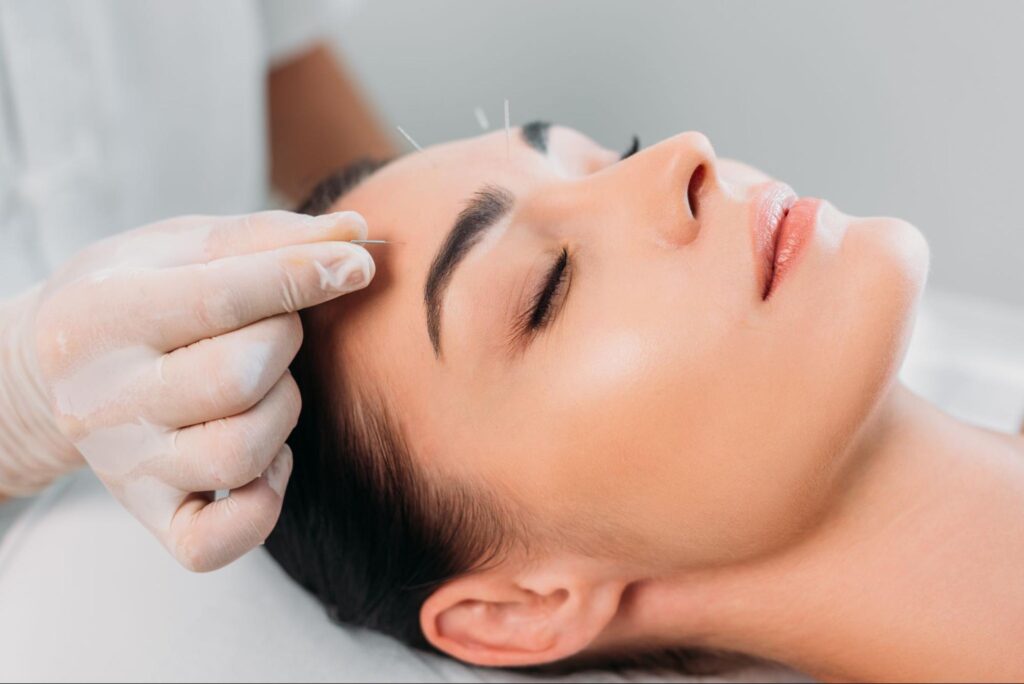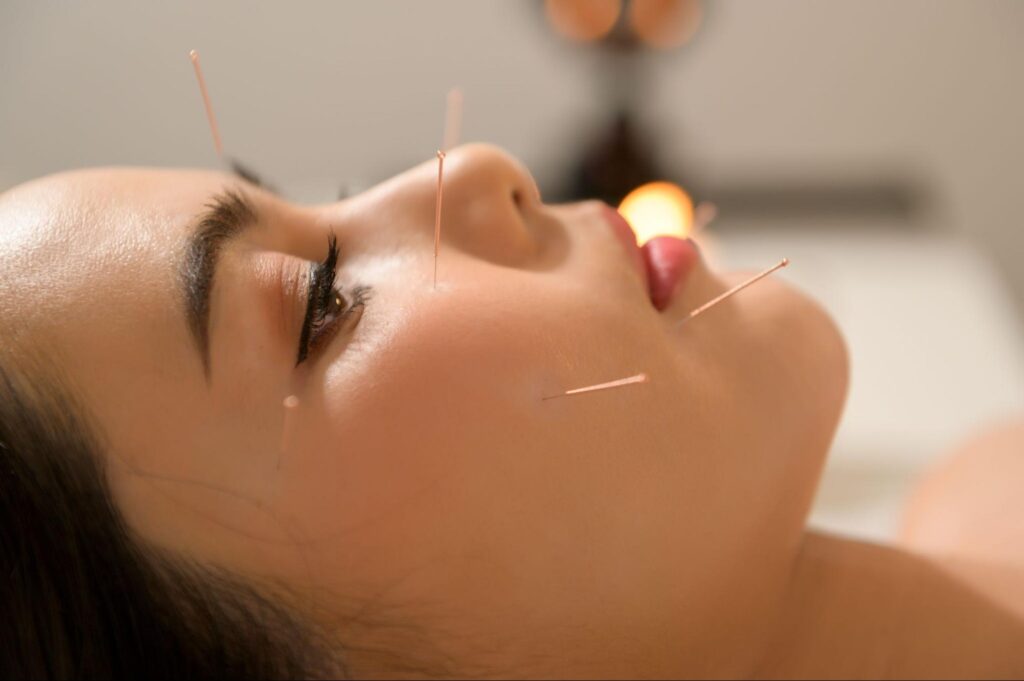
Holistic care is an approach that treats the individual as a whole, focusing on their physical, emotional, social, and spiritual well-being. It integrates various practices to ensure the person’s overall health, acknowledging that all aspects of their life influence their health. This method goes beyond addressing physical symptoms and balances mind, body, and spirit. By recognizing the interconnectedness of these elements, holistic care offers a more comprehensive treatment strategy than traditional approaches that might only address isolated symptoms. Holistic medicine, which falls under this broader umbrella, emphasizes natural therapies and alternative treatments, further promoting healing that nurtures the entire person, not just their ailments.
Origin of Holistic Care
The origins of Holistic care can be traced to ancient medical practices and philosophies emphasizing balance and harmony. Over centuries, these early concepts influenced modern healthcare approaches, blending traditional methods with scientific advancements to create a comprehensive and patient-centered framework.
Ancient Eastern Traditions in Holistic Care
Eastern cultures developed practices that emphasized harmony between the individual and their environment. Traditional Chinese Medicine explored the concept of Qi, or life energy, using methods like acupuncture to restore balance. In India, Ayurveda combined diet, herbal remedies, and meditation to promote health by aligning the body and mind with nature.
Holistic Concepts in Indigenous Healing Systems
Indigenous communities around the world embraced holistic principles in their healing traditions. Native American practices used ceremonies, herbal medicines, and spiritual rituals to address physical and emotional health. African and Polynesian cultures incorporated plant-based remedies and community-centered approaches to healing, emphasizing collective well-being.
Philosophical Foundations in Greek Medicine
Greek medicine introduced a philosophical perspective to holistic care, focusing on the mind-body connection. Hippocrates believed that achieving health required understanding lifestyle factors, diet, and the natural environment. His approach to treating patients holistically influenced medical practices for centuries and remains relevant today.
The Integration of Holistic Care Into Modern Medicine
Modern medicine began incorporating holistic principles during the 20th century, responding to growing interest in wellness and alternative therapies. Techniques such as mindfulness meditation, yoga, and chiropractic care gained recognition for complementing conventional treatments. This integration allowed holistic care to address the gaps left by traditional approaches, offering a more inclusive model of health.
Essential Components of Holistic Care
Holistic care goes beyond treating just the physical body. It considers every aspect of a person’s life, ensuring that emotional, mental, social, and spiritual well-being are all considered. The core of holistic care lies in understanding the intricate connections between these elements and how they work together to support overall health.
Physical Health
Physical health is the most commonly recognized aspect of holistic care. It focuses on maintaining the body’s proper functioning through diet, exercise, and medical treatments. Regular physical activity and a balanced diet are foundational in keeping the body healthy and preventing chronic conditions.
Emotional Health
Emotional health is critical in holistic care, as mental and emotional well-being directly impact physical health. Addressing emotions such as stress, anxiety, and depression through practices like counseling or mindfulness can significantly improve overall health. Emotional health practices help people cope with life’s challenges and maintain resilience.
Social Well-Being
Social well-being emphasizes the importance of human connections and community. Positive relationships and a strong social support system contribute to better mental health and personal growth. Holistic care fosters meaningful social interactions and encourages individuals to build supportive networks.
Spiritual Health
Spiritual health is not necessarily about religion but focuses on finding meaning and purpose in life. It involves practices that nurture the spirit, such as meditation, prayer, or connection to nature. Spiritual health helps individuals find inner peace, cope with stress, and maintain balance.
Mental Health
Mental health is critical in holistic care, influencing our thoughts, feelings, and behavior. Strategies like therapy, meditation, and cognitive exercises help maintain a clear and calm mind. Mental health care can enhance problem-solving abilities and improve emotional stability.
Environmental Health
Environmental health focuses on the surroundings and lifestyle choices that affect a person’s health. A clean, safe, and supportive environment promotes well-being, while exposure to pollutants or toxic stressors can be detrimental. Holistic care emphasizes creating environments conducive to relaxation, growth, and recovery.
Lifestyle Choices
Lifestyle choices are integral to holistic health, including the daily decisions that affect the body and mind. Holistic care encourages healthy sleep, hydration, and stress management. Adopting a balanced lifestyle can enhance the benefits of other aspects of holistic care, leading to improved overall health.
Common Practices in Holistic Care
Holistic care draws from various practices to nurture the entire individual, promoting overall well-being in a balanced and integrated way. These practices aim to address not just the physical aspects of health but also the mental, emotional, social, and spiritual elements. They are tailored to the individual’s specific needs, encouraging self-awareness and a personalized approach to healing.
Acupuncture
Acupuncture is an ancient practice that involves inserting thin needles into specific points on the body to stimulate energy flow, known as “Qi.” It often alleviates pain, reduces stress, and improves overall wellness. Many people use acupuncture as part of holistic care to treat conditions such as chronic pain, digestive issues, and emotional imbalances. It can also promote relaxation and improve sleep quality, making it a comprehensive approach to health.
Meditation
Meditation is a practice that involves focusing the mind and calming the body to achieve mental clarity and emotional balance. In holistic care, it is often used to reduce stress, anxiety, and depression while promoting mindfulness and self-awareness. Regular meditation can improve emotional regulation and a stronger connection to the present moment. This practice helps foster inner peace and resilience, supporting overall well-being.
Massage Therapy
Massage therapy is a hands-on technique that promotes physical relaxation, improves circulation, and reduces muscle tension. It is widely used in holistic care to relieve stress and enhance the body’s natural healing processes. In addition to providing physical relief, massage therapy has emotional benefits, as it helps reduce feelings of anxiety and promotes a sense of calm. Different massage techniques, such as Swedish or deep tissue, are used depending on the individual’s needs and preferences.
Herbal Medicine
Herbal medicine involves using plant-based remedies to support health and treat various conditions. It is a foundational component of holistic care, providing natural alternatives to pharmaceutical treatments. Herbal medicine can address multiple health issues, including digestive problems, sleep disorders, and stress. Holistic care practitioners often combine herbal remedies with other therapies for a more balanced, personalized approach to healing.
Yoga
Yoga is a mind-body practice that combines physical postures, breathing exercises, and meditation to enhance physical flexibility and mental clarity. In holistic care, yoga helps strengthen the body, reducing stress and improving emotional well-being. It encourages mindfulness, self-awareness, and balance, supporting physical and mental health. Regular yoga promotes deeper sleep, improves circulation, and increases energy levels.
Chiropractic Care
Chiropractic care focuses on diagnosing and treating musculoskeletal disorders, particularly issues related to the spine. By using manual adjustments and other techniques, chiropractors aim to improve spinal alignment, relieve pain, and support overall body function. Holistic care practitioners often incorporate chiropractic care to treat back pain, headaches, and other musculoskeletal conditions. It works harmoniously with other holistic practices to promote physical health and well-being.
Aromatherapy
Aromatherapy is using essential oils from plants to enhance physical and emotional health. These oils are often diffused, inhaled, or applied topically to support relaxation, reduce stress, and improve mood. Aromatherapy can also help with physical symptoms such as headaches, digestive issues, and respiratory conditions. As part of holistic care, it promotes emotional healing and complements other therapeutic practices.
Reiki
Reiki is a form of energy healing that involves the practitioner channeling healing energy into the patient through their hands. It is based on the belief that energy flows through the body, and blockages can lead to illness or discomfort. Reiki aims to balance the body’s energy, promote relaxation, and support emotional healing. It can complement other holistic treatments and is often used to relieve stress and anxiety and enhance overall well-being.
Nutrition Therapy
Nutrition therapy uses a balanced diet to support health, prevent illness, and promote healing. Proper nutrition is critical for maintaining energy, vitality, and overall wellness in holistic care. Practitioners may suggest dietary adjustments to address specific health conditions, boost the immune system, or improve mental clarity. Nutrition therapy often works alongside other holistic practices to enhance effectiveness and ensure optimal health outcomes.
Mindfulness
Mindfulness is being fully present and aware of the moment without judgment. It is often integrated into holistic care to help manage stress, improve emotional regulation, and foster a sense of calm. Mindfulness involves mindful breathing, body scans, and conscious awareness during daily activities. This practice helps individuals manage their thoughts and emotions, leading to greater peace and well-being.
The Impact of Holistic Care on People’s Lives
Holistic care profoundly impacts people’s lives, offering a more comprehensive approach to health and well-being. By addressing health’s physical, emotional, social, and spiritual aspects, holistic care creates a balanced path to healing beyond traditional treatments. This approach empowers individuals to take charge of their health, promotes overall wellness, and helps prevent future health issues.
Improved Physical Health
Holistic care helps individuals maintain or improve their physical health through personalized treatments, including diet, exercise, and natural therapies. Focusing on prevention and a balanced lifestyle can reduce the risk of chronic diseases and promote long-term wellness. Regular physical activity and proper nutrition are essential to holistic care.
Enhanced Mental Clarity and Emotional Well-Being
Holistic care supports emotional health by addressing stress, anxiety, and mental health issues through practices like meditation, counseling, and mindfulness. These methods help individuals manage their emotions, reduce stress, and improve mental clarity. By fostering emotional balance, holistic care allows people to build resilience and develop healthier coping mechanisms for life’s challenges.
Strengthened Immune System
Holistic care strengthens the immune system by promoting healthy habits that support the body’s natural defense mechanisms. Through proper nutrition, stress management, and adequate rest, holistic care boosts the body’s ability to fight infections and recover more quickly. A strong immune system is essential for overall health and vitality, and holistic care focuses on maintaining it at its peak.
Better Stress Management
One of holistic care’s most significant impacts is its ability to manage and reduce stress. Techniques like yoga, deep breathing, and meditation are effective tools for calming the mind and alleviating physical tension. By incorporating these practices into daily life, individuals can reduce the adverse effects of stress, leading to improved mental and physical well-being.
Improved Quality of Life
Holistic care enhances the overall quality of life by encouraging individuals to focus on a balanced lifestyle that nurtures the mind, body, and spirit. It helps people make conscious choices supporting their well-being, including natural remedies, proper self-care, and emotional support. This approach leads to greater satisfaction and happiness as individuals feel more in control of their health and life choices.
Prevention of Future Health Issues
Holistic care helps prevent future health problems by addressing the root causes rather than treating symptoms. Regular check-ups, lifestyle changes, and natural therapies can detect signs of potential issues before they become serious. This proactive approach to health empowers individuals to take control and make informed decisions to avoid future medical conditions.
Greater Sense of Balance and Harmony
Holistic care promotes balance and harmony by focusing on all areas of a person’s life, not just physical health. Individuals can achieve inner peace and fulfillment by aligning the mind, body, and spirit. This holistic approach leads to a more harmonious life, allowing individuals to feel more connected to themselves, others, and their environment.
Emotional Healing and Self-Awareness
Holistic care encourages emotional healing through practices that foster self-awareness and personal growth. Techniques like counseling, journaling, and mindfulness help individuals understand their emotions and uncover underlying causes of stress or anxiety. This self-awareness leads to emotional healing and personal development, improving relationships and overall well-being.
Enhanced Relationship With Nature
Holistic care fosters a deeper connection with nature, recognizing its importance in healing and well-being. Practices like outdoor activities, gardening, and nature-based therapies promote relaxation and help individuals reconnect with the natural world. This relationship with nature supports physical health and encourages mental clarity and emotional balance.
Long-Term Wellness and Personal Empowerment
Holistic care empowers individuals to actively participate in their health and wellness. By focusing on long-term goals and sustainable lifestyle changes, individuals can maintain a healthy lifestyle and feel more in control of their well-being. This sense of empowerment increases confidence and self-esteem and improves quality of life.
The Transformative Power of Holistic Care
Holistic care offers a comprehensive and personalized approach to health, addressing an individual’s physical, emotional, mental, and spiritual aspects. Focusing on the interconnectedness of these elements empowers individuals to take control of their health and well-being, leading to a more balanced, fulfilling life. Integrating natural therapies, lifestyle choices, and mindfulness fosters long-term wellness, emotional resilience, and mental clarity. Ultimately, holistic care transforms lives by helping individuals achieve a harmonious connection with themselves and the world, enhancing their overall quality of life.
If you’re interested in learning more about the transformative benefits of holistic care, including acupuncture and herbal remedies, visit our 간송한의원123 Acupuncture & Herbs blog.




